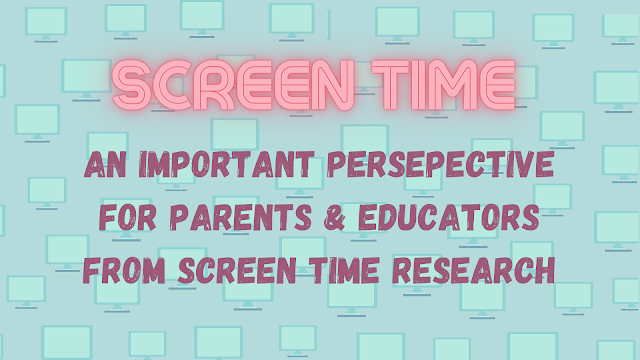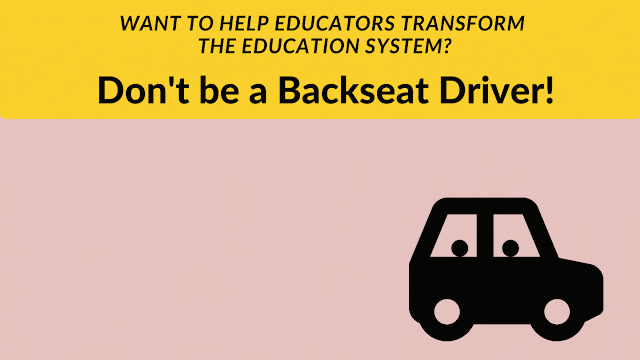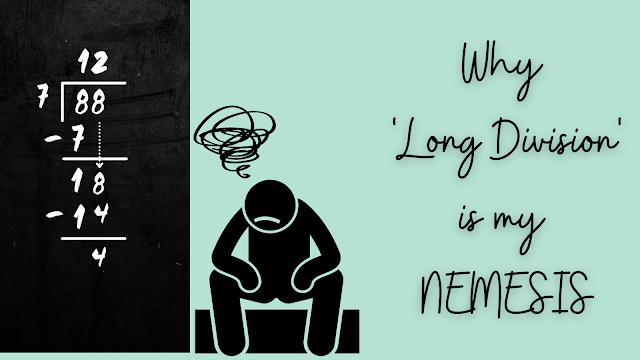Screen Time: An important perspective for educators & parents from screen time research
The idea: This quote from the paper summarizes the message: 'For parents and educators, we suggest that, “it is time to move beyond a heavy focus on risk with little exploration or recognition of opportunities ”, and instead leverage the strengths and benefits of ST in a purposeful way while mitigating any associated risks during these exceptional times'
I finally made some time to review the screen time literature review published by our Acres Foundation Research team. Full disclosure - the 3 authors are my husband, a close colleague/ friend and an ex-student turned close colleague/ friend all of whom I have known and worked with for over 10 years now.
However, I do believe this is a very pertinent topic and I wanted to share my perspective as a parent, school leader and an Edtech optimist.
1. My big takeaways
- In Education today, with emergent and fast changing EdTech, it is more important than ever to study existing screen time research with a discerning eye.
- If not, we run the risk of making sweeping policy decisions (like blanket limits on screen-time for schools, which we saw in India at the start of the pandemic) based on a shaky foundation of evidence
- Conclusions drawn from the research are less useful when
- Just the downsides of screen time are analyzed in isolation, without looking at (often significant) accompanying benefits, especially in the complex context of education.
- Screen Time literature clubs very different engagements - passive viewing, games, social media and educational engagement into one giant ‘Black Box of Screen Time’ among other significant limitations.
- Nuance is lost by the way results are processed and disseminated on social media/ popular media - where alarming headlines win. I have personally witnessed a big surge of school parents with ‘screen time paranoia’. On further investigation social media is almost always the source.
- Also worth noting the 'displacement hypothesis' (esp for educators and parents) i.e. ill effects of screens are caused when it displaces productive activity (physical, cognitive, social).
2. Some useful information from the study
- The prior body of ‘screen time’ studies seem to suggest that there might many negative effects associated with screen time - ‘associated with adverse physiological, psychological, and educational wellbeing outcomes such as obesity risk, inadequate sleep quantity and poor sleep quality, a higher risk of depression, and decreased academic performance, among many other problems’
- However it is important to note that ‘screen time’ in literature comprises different types of screen time clubbed into one giant category. These include (as categorized in this paper) passive viewing, gaming, socio-recreational and educational screen time.
- In general conclusions of screen time studies should be interpreted with caution for a number of limitations including
- Clubbing of very different categories into one
- Small effect sizes
- A very small number of existing studies on Educational screen time in the pool of screen time studies
- Limiting design factors like self-reporting as the primary method of measuring effect
- Displacement hypothesis
- A final quote: 'For parents and educators, we suggest that, “it is time to move beyond a heavy focus on risk with little exploration or recognition of opportunities ”, and instead leverage the strengths and benefits of ST in a purposeful way while mitigating any associated risks during these exceptional times'.





Comments
Post a Comment